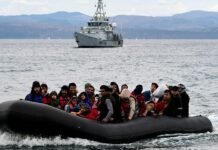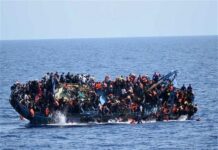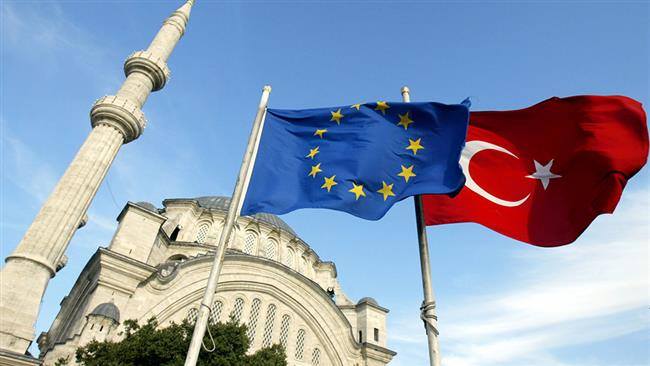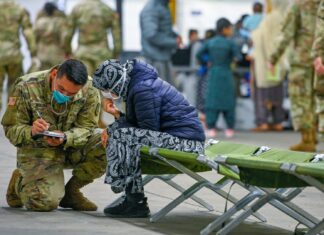The European Union expressed concern on Monday over what it called “hostile statements” by the Turkish president regarding the Greek islands in the Aegean Sea.
Last Saturday, Recep Tayyip Erdoğan claimed that Greece occupied the “demilitarized” islands of the Aegean Sea and caused trouble for his country.
Mr. Erdoğan also made the claim that Greece violated Turkish airspace and caused trouble for his country’s planes in the Aegean Sea, and threatened Athens to pay a heavy price for its actions.
Then, referring to the usual formula of his country’s military operations in northern Syria, the President of Turkey addressed the Greek statesmen and said: Your occupation of the islands (Aegean Sea) does not bind us to anything in any way. When the time comes, we will do whatever it takes. “Suddenly, overnight, we take action.”
The European Union, two days late, finally reacted to these words on Monday and called Recep Tayyip Erdogan’s statements hostile and threatening.
During a press conference on Monday, Peter Stano, spokesman for EU foreign policy official Josep Borrell, said in response to a reporter’s question about Recep Tayyip Erdogan’s recent statements: “These hostile statements of the Turkish political leadership against Greece and the Greek people (…) The concern becomes serious.”
He further emphasized: “We expect Turkey to refrain from any verbal threats and to be committed to promoting good neighborly relations.”
Mr. Stano then added: Any disputes and unresolved issues in relations with Greece should be investigated in good faith, peacefully and through dialogue in accordance with international laws and based on the principle of good neighborly relations.
Spokesman Josep Borrell emphasized: Greece is a member of the European Union and the sovereignty and integrity of all member states of the Union must be respected.
Athens accuses Turkish planes of flying over Greek islands near the Turkish border.
Long-standing disputes between the two neighbors have led to frequent aircraft patrols.
On the other hand, Turkey considers the presence of Greek forces in these islands to be against the peace treaties signed after World War I and World War II and condemns it.
























































